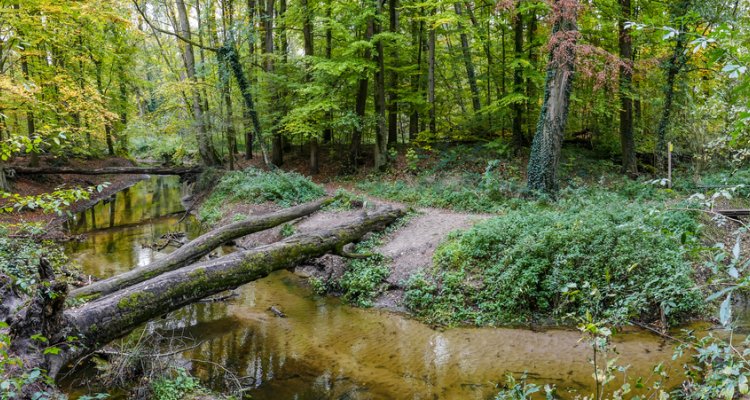
Project
COSAR Netherlands
COSAR will contribute to the ecological and social reinforcement of stream restoration in the Netherlands through an integrated approach of both ecological and social aspects. COSAR takes the spatial and temporal context as leading. Furthermore, COSAR will set the foundation for diagnostic and predictive tools that strengthen the practice of stream restoration.
In the past two decades, many ecological stream restoration projects have been carried out in the Netherlands to achieve policy goals. Initially, this restoration aimed to restore/reintroduce morphological structures, with the assumption that organisms would return on their own after the intervention. However, this 'field of dreams' notion has turned out to be incorrect. Stream recovery relies on biological interactions, and on historical and current multiple stressors that act across different scales as filters on the regional species pool and local diversity of communities.
To carry out successful ecological stream restoration, it is necessary to gather more knowledge of the quantitative effects of the different 'landscape' context variables, the influence of larger scale levels, the role of metapopulations and the legacy effects. In addition, there is a lack of knowledge about social aspects of stream restoration due to a one-sided focus on the ecological quality criteria. The extent to which social goals are achieved is rarely assessed and success factors are missing, partly because the perception and assessment of recovery success by policymakers, society, water and nature managers and ecologists often differ greatly. Therefore, the social approach should play a greater role in defining recovery goals and evaluating the degree of success in a project. Public support can significantly enhance ecological stream restoration. COSAR will contribute to the substantive and social reinforcement of stream restoration in the Netherlands through an integrated approach to ecological and social aspects.
In COSAR, the spatial and temporal context is central and the foundation is laid for diagnostic and predictive tools that strengthen the practice of stream restoration. COSAR uses existing monitoring data (the Netherlands approximately 28, approximately 200 stream restoration projects) and data from databases available at European level with historical and current landscape, geographical and ecological information as explanatory variables in a spatial-temporal context. In addition, online social feedback from social media and a wide variety of stakeholder networks are used to identify characteristics for social support.